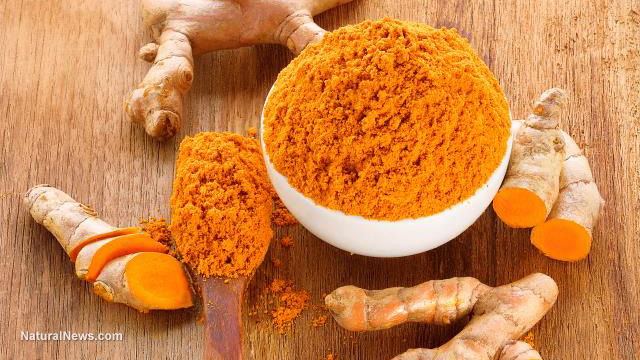What happens if a person with rheumatoid arthritis drinks too much alcohol?
07/16/2020 / By Divina Ramirez

Despite its bad rap, alcohol is known to have anti-inflammatory benefits. In fact, studies have found that moderate alcohol consumption can reduce biomarkers of inflammation.
However, not everyone can enjoy this benefit. According to the latest research, drinking alcohol can do you more harm than good if you’re already suffering from chronic inflammation or an inflammatory condition like rheumatoid arthritis.
Alcohol and inflammation
Inflammation is a normal immune response to cellular damage, and it’s a sign that your immune system is healthy and properly functioning. But if this response persists — an event often referred to as chronic inflammation — it can damage tissues and organs and eventually cause serious diseases.
Rheumatoid arthritis is an autoimmune disease marked by chronic inflammation of the joints and other body systems, such as the heart and blood vessels. It is known to cause stiff joints, joint pain, fatigue, chills and loss of appetite, among other symptoms.
Consuming certain foods and drinks, such as alcohol, can exacerbate the inflammation that’s behind this condition. Alcohol can disrupt the balance between the good and bad bacteria in the gut — a phenomenon called dysbiosis, which causes digestive disturbances.
Dysbiosis can also cause an increase in chemicals called endotoxins that activate the proteins and immune cells responsible for promoting inflammation. In arthritic individuals, this series of events triggers arthritic flare-ups, which are marked by stiff, painful and tender joints.
Alcohol and rheumatoid arthritis
In a recent study published in the Scandinavian Journal of Rheumatology, researchers looked at the effects of alcohol consumption on rheumatoid arthritis patients.
They found that while moderate alcohol consumption seemed to have a slightly favorable effect on men, it increased the radiological progression of rheumatoid arthritis in women. (Related: New study concludes there is NO safe level of drinking alcohol.)
A more recent study that appeared in the journal Arthritis Care & Research also looked at the cause-and-effect relationship between alcohol and rheumatoid arthritis symptoms. Specifically, the researchers wanted to understand if alcohol truly helps reduce the severity of symptoms experienced by rheumatoid arthritis patients.
After collecting and analyzing data from 16,762 patients, they found that those suffering from severe symptoms were more likely to stop drinking. Similarly, patients with greater arthritis-related disability and poorer quality of life tended to discontinue and avoid alcohol use altogether.
This pattern suggests that alcohol consumption does not provide any clear benefit to people with rheumatoid arthritis. If anything, disability and poor quality of life decrease alcohol use in rheumatoid arthritis patients, indicating that abstaining from alcohol makes them feel better than drinking it.
According to Dr. Alan Friedman, an internal medicine specialist in Houston, Texas, the combination of alcohol and rheumatoid arthritis medications is particularly problematic, especially for the liver.
Both alcohol and medications are known to tax the liver; when overburdened, the liver becomes sluggish and becomes inefficient at eliminating toxins. This comes with some heavy consequences, such as decreased energy levels, skin conditions like eczema, depression and anxiety, weight gain and metabolic disorders like diabetes.
Friedman also says that drinking alcohol can reduce bone density, which increases the risk of fractures and other complications associated with rheumatoid arthritis.
Alcohol can provide certain benefits, but only when consumed in moderate amounts. According to the 2015-2020 U.S. Dietary Guidelines for Americans, women should have no more than one alcoholic drink per day, while men should have no more than two.
But in the case of rheumatoid arthritis patients, there’s no scientific evidence of alcohol providing benefits or reducing the symptoms of the disease. Hence rheumatoid arthritis sufferers may be better off not drinking or drinking only small amounts occasionally.
Sources include:
Submit a correction >>
Tagged Under:
alcohol consumption, bone fractures, bone health, dysbiosis, gut health, gut microbiota, inflammation, liver damage, liver health, research, rheumatoid arthritis
This article may contain statements that reflect the opinion of the author
RECENT NEWS & ARTICLES
ArthritisCures.News is a fact-based public education website published by Arthritis Cures News Features, LLC.
All content copyright © 2018 by Arthritis Cures News Features, LLC.
Contact Us with Tips or Corrections
All trademarks, registered trademarks and servicemarks mentioned on this site are the property of their respective owners.


















